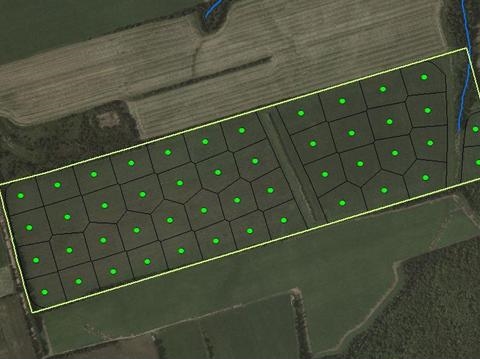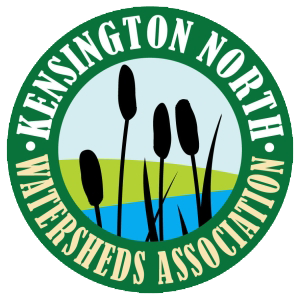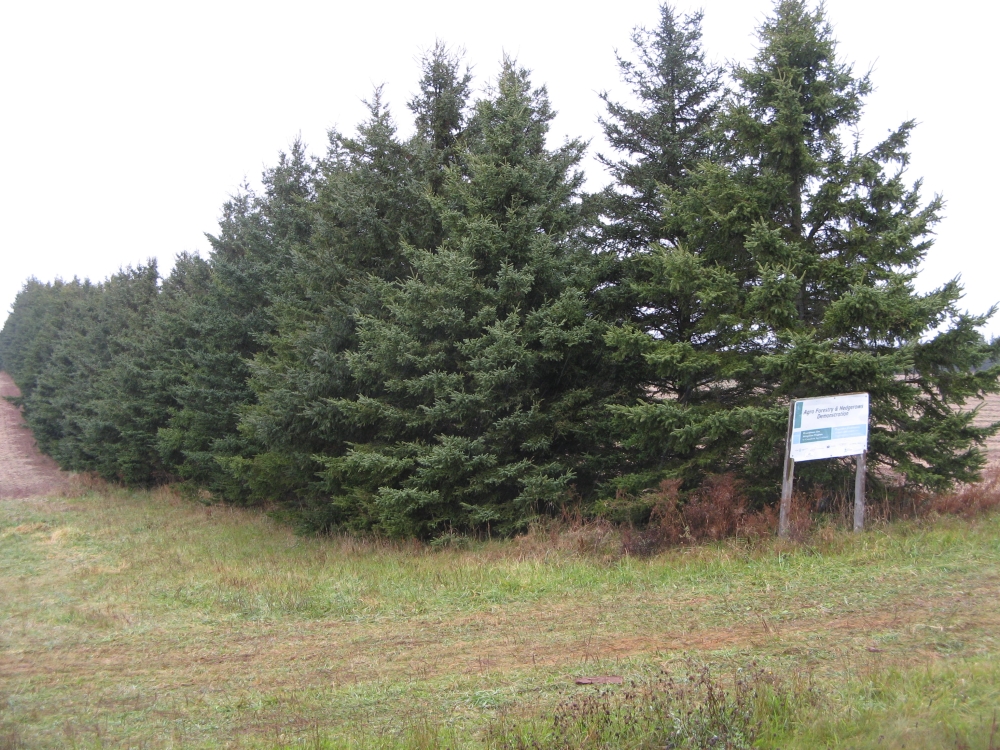The Nitrates Stakeholders Committee of the Kensington North Watersheds held a well attended meeting at the Kensington Legion on Feb. 10, 2014. Over 40 people were present, more than half of whom were farmers.
The meeting was chaired by Stakeholders Committee chair Jim Evans. In his opening remarks he set the stage for the meeting. The issue at stake is clean water, for our wells and for our rivers. A problem with excessive nitrates has been identified, and we have to solve it.
Nitrates Plan
Barry Murray presented the Plan To Reduce Nitrates in the Southwest River. The StakeholdersCommittee met 12 times over 2 1/2 years to create this plan. The Committee, made up mainly of farmers, feels that this plan represents our best options.
The plan recognizes that farmers are doing very well with the tools that are available. A big portion of nitrogen use is dependent on potato varieties. Important research is needed on nitrogen uptake, catch crops, and crop rotation. Knowledgeable nutrient management, crediting fertilizer inputs with ploughed down forage and manure, is an area where improvement is possible. To view the entire Adaptive Plan, click here.
GPS Soil Sampling

Harvey Harvey Cairns is an agronomist who worked with Kensington North Watersheds and the PEI Federation of Agriculture on nutrient management issues in 2013. Harvey reported on his work on GPS Soil Sampling, and how it is helping local farmers to more precisely manage nutrients on their farm operation. Harvey, with the help of David Cody’s skills with mapping and geomatics information technology, developed an affordable system of GPS soil sampling, from the field to the computer on board the tractor or lime truck. To see Harvey’s presentation on GPS soil sampling, click here.
Nutrient Field Trials
Steven Watts and Harvey Cairns both reported on nutrient field trials, and what effect adjusting fertilizer rates had on their pay yields (profits) in these plots in 2013.
Harvey’s research involved trials on five farms. Of particular interest are observations on how modest reductions in nitrogen had virtually no affect on pay weight, how nitrogen uptake with the Prospect potato variety is very efficient, how rainfall affects nitrogen uptake, and how ryegrass in a potato rotation seems to reduce nitrate leaching. To see Harvey’s Nutrient Trial results, click here.
Steven Watts of Genesis Crop Systems did field trial work with the 4R Nutrient Stewardship Progam, in association with the Canadian Fertilizer Institute. Steven worked with five farmers stretching right across PEI, from Brudnell to O’Leary. In each case he prepared a Modified Fertilizer Program and compared it to the Grower’s Standard Program. Like Harvey, samples from the field trial were analyzed by Cavendish Farms to determine the pay weights. Both agronomists also did soil nitrogen testing, following the movement of nitrates through the layers of soil during the growing season. To see Steven’s presentation, click here. For more information on Farming 4R Future, click here.
Nutrient Record Keeping
Ronda Bellefontaine explained how agricultural software can assist farmers with decision making and the huge amount of data that is being generated by a large, modern farm, especially concerning nutrient management. While many farms are using Field Manager Pro for their spray records, Ronda demonstrated that the software can also assist farmers by creating reports for a wide range of management issues that are increasingly vital to a modern farm operation. To see a summary of Ronda’s presentation, click here.
Bio-Reactor
Scott Anderson, an engineer with Agriculture Canada, spoke of how Bio-reactors are reducing nitrates from field tile drainage systems. Scott was involved with the construction of Bio-reactors in Harrington and in Darnley. To see his presentation, click here.
Kyra Stiles from the PEI Dept. of Agriculture and Forestry has prepared a factsheet on the Bio-reactor in Darnley. She has made interesting comparisons on how a Bio-reactor simulates the way nitrates and other chemicals are processed in a wetland, thus emphasizing the importance of wetlands for a farm operation. To see the factsheet, click here.
Technology
Wade Caseley from Kensington Ag Equipment spoke of the newest GPS technology that is being incorporated on farm machinery for good land stewardship. Computers on tractors, assisted by GPS navigation systems, are able to offer assistance to farm operations in a huge variety of ways, of which we have only scratched the surface, says Wade. Please check this site again soon for some images of GPS technology and how it can help with improving profits and nutrient management with precision fertilizer and lime application.
Feed Grade Urea
In addition to the presentations, there were a few visual displays on related issues. Dr. Robert Coffin provided us with the major findings on research he and some of his colleagues did on the use of Feed Grade Urea.
Bob Coffin: Feed Grade Urea
Hedgerows
Watershed groups and programs from the Forestry Division can assist farmers in creating new hedgerows and filling in gaps in existing ones. A list of benefits of hedgerows has been created by retired Forest Technician, Herb Isherwood. For more information on hedgerows and the provincial planting program click here.
The best option for hedgerows is uneven-aged trees with a variety of species, preferably with a double row of trees for the health of the trees, shelter for wildlife, and for improved blocking of wind.
AgWeather Atlantic, Baltic Weather Station
Agriculture and AgriFood Canada has been working with Kensington North to have an automated weather station installed in Baltic, in the heart of the Kensington North area, in order to provide local farms with high quality, relevant weather data. In association with this station is the AgWeather Atlantic Network that is creating and providing agricultural weather software to provide information such as a blight index, irrigation tool, degree days, and much more. Click here to see this display.
Click here to visit the AgWeather Atlantic website. [The AgWeather website has been offline / nonfunctional since 2018]
Summary
Barry Thompson from the Dept. of Agriculture & Forestry ended the meeting with summary remarks, complimenting those who presented and encouraging all parties to continue to address nitrate management, and nutrient management in general.




